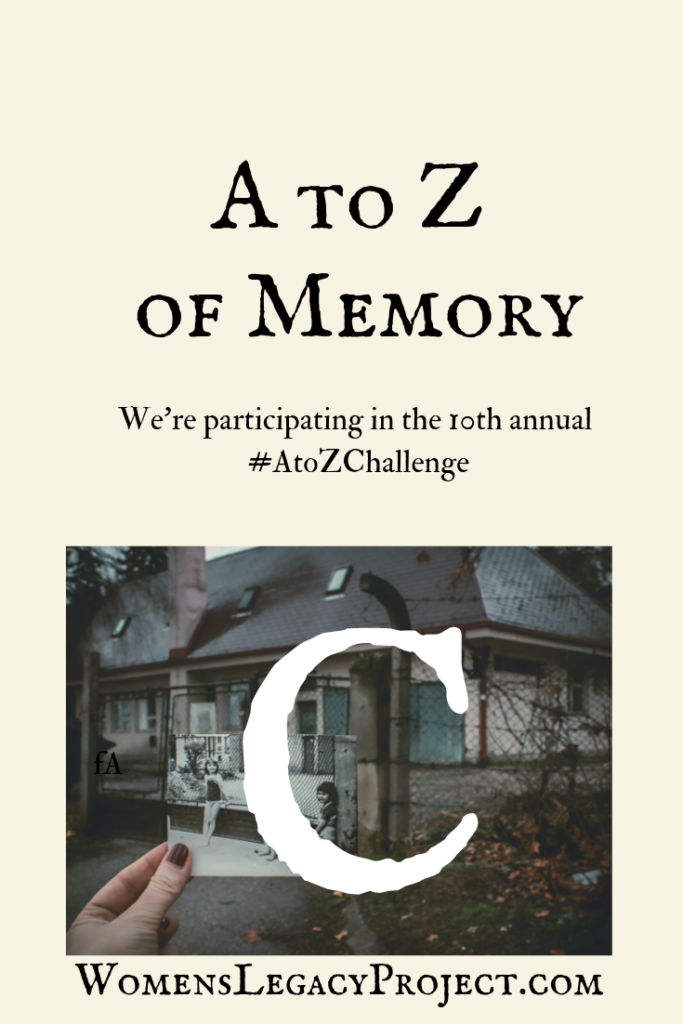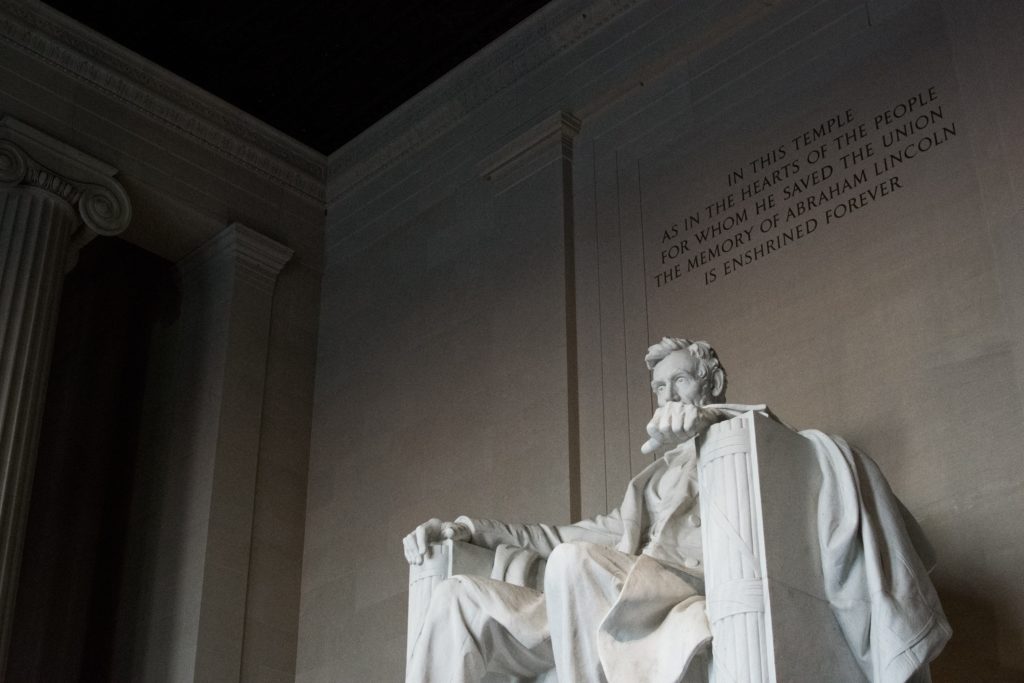Today my discussion moves from the physical to the cultural realms of memory. Like most discussions of memory involving multiple accounts of an event, there is no one agreed upon definition of memory beyond the individual. But clearly, information gained in the past is brought forward and shared via culture.

In 1871 E. B. Tylor defined culture as:
…that complex whole which includes knowledge, belief, art, morals, law, custom, and any other capabilities and habits acquired by man as a member of society.
As an anthropologist, acquisition has fascinated me more than possession of those things acquired. Process and perception seems more interesting than alignment and place. Herein is the difference between patterns emerging from qualities of individual items and a smooshed-together mass of bits overwhelming with their quantity.
So what are the differences that make a difference between collective history, national memory, community memory, ethnic memory, archival memory, and cultural memory.
Cultural memory is the overarching, system-level, emergent property that humans have developed along with perhaps a very few other highly intelligent and social animals. The particular types of memory are cooption of a pan-human ability for subgroup purposes.
This is neither good nor bad. It just is. It is part of what humans do. But some of us may want to consciously maintain awareness that no one type of culture is inherently better than another culture. But that requires looking past the formal subjective judgments of differences in art, literature, and similar preoccupations of “cultured” people. But such traits are not the stuff of pan human culture. Having young people follow an elder to a water source at the far edge of a land she remembers from her youth when drought is impacting a population is of a different type of knowing than knowing of the interaction between Van Gogh and Gauguin.
That a grandparent can impart the essence of an experience to a grandchild who can in turn pass on such information to their descendants is what is wondrous about humanity.

Limiting the range of what can be learned from others just to maintain some sense of cultural superiority cripples humanity. We have survived in this world because we are so skilled at maintaining a wide range of behavior across our communities and civilizations that can get us out of a tough spot. Unnecessary constriction of our repertoire could edit out essential skills or perspectives that might not be able to be reinvented in a time of need.
Paper archives, digital archives, military culture, women’s culture such as midwifery and nursing practices all add to human cultural memory. Loss of cultural memory has happened, we know it has, but we do not know what it was.
Narrowing our options as our environment prepares to fluctuate wildly is not prudent. We need all our cultural memory.
Leave a Reply